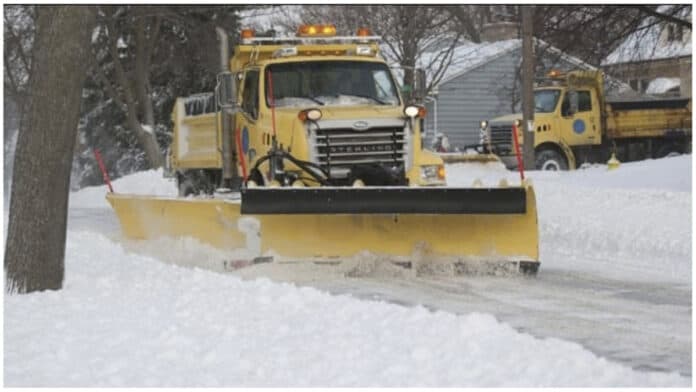We Energies is asking customers to immediately lower their thermostats to 60 to 62 degrees to avoid a “significant natural gas outage.”
The company says the request, made on December 23, 2022, came “after one of the interstate pipeline suppliers who provides natural gas to We Energies experienced a significant equipment failure that is limiting the amount of fuel they are sending We Energies.”
“The impacted pipeline is one of multiple sources We Energies uses to receive natural gas,” WE Energies wrote on December 23, 2022, in a statement. “On a typical day, an issue like this would not require customers to reduce their usage. However, with extreme cold setting in over much of the United States, We Energies is unable to receive additional natural gas from its other pipeline suppliers.”
They added: “We Energies has already taken numerous steps to reduce demand for natural gas, including drawing from its liquefied natural gas and propane storage facilities, and reducing natural gas to business customers who have agreed to special billing in these types of events.”
Wisconsin is grappling with a winter storm.
“We Energies strongly urges customers to reduce their natural gas use by lowering their thermostats and avoid using other natural gas appliances like fireplaces, dryers or ovens,” the statement read. “The company is working to maintain service to emergency and critical facilities.”
WE Energies said “customers should take the following actions to help reduce natural gas demand:
Set thermostats between 60 to 62 degrees. Add layers or blankets to keep warm when lowering a thermostat’s temperature.
Close blinds or drapes at night and avoid opening doors to retain heat. Open blinds during the day to let in heat from the sun.
Avoid using secondary natural gas heating sources, such as natural gas fireplaces.
Use natural gas ranges sparingly. Prepare food with slow cookers or microwaves.”
They added: “We expect this shortage will last throughout the rest of the day — we will reassess tomorrow.”











![Into the Wieds: Tony Wied Goes to Washington [Up Against the Wall] tony wied](https://www.wisconsinrightnow.com/wp-content/uploads/2025/01/tony-wied-356x220.jpg)








![Generation Gap [Up Against the Wall]](https://www.wisconsinrightnow.com/wp-content/uploads/2025/01/MixCollage-05-Jan-2025-10-32-PM-6058-356x220.jpg)











